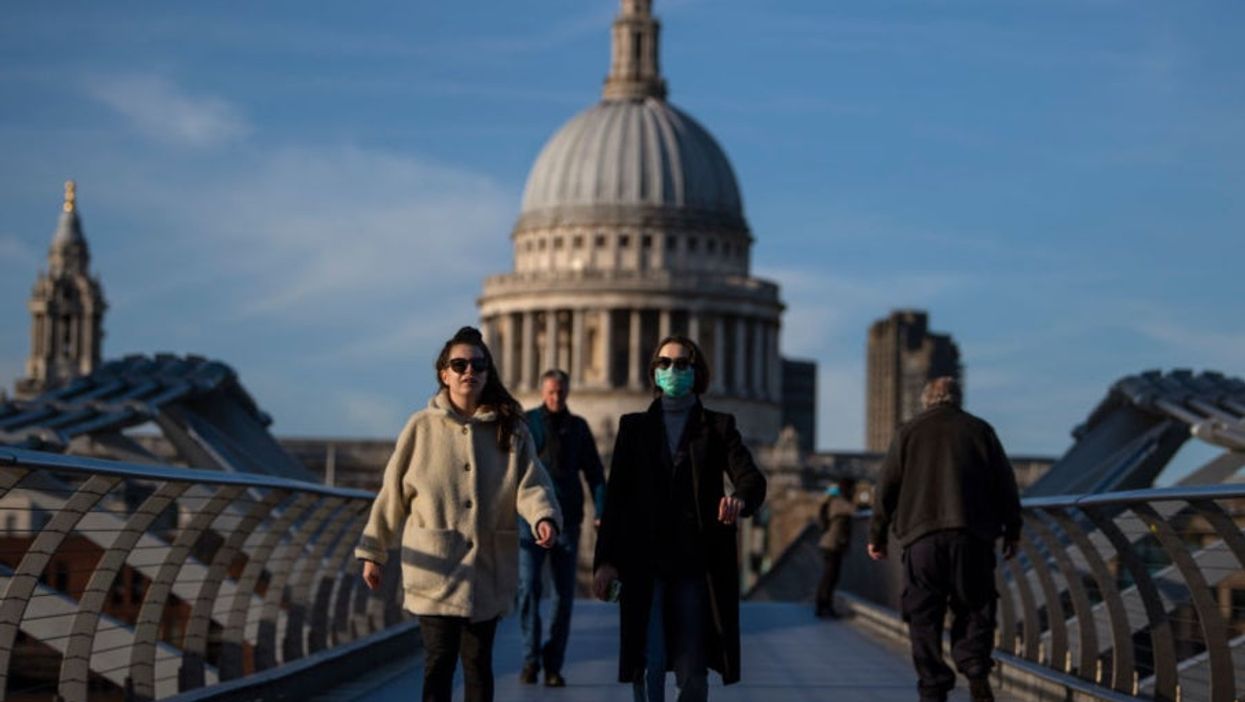News
Harriet Brewis
Jul 05, 2021
Boris Johnson has promised to tear up England’s coronavirus regulations despite warning it is “very far from the end” of the Covid pandemic.
The Prime Minister has gambled on trusting the public’s judgment and the “wall of immunity” offered by vaccines as he announced an intention to scrap mandatory mask-wearing and lift social distancing requirements.
The so-called “freedom day” is expected on July 19, at a time when the PM acknowledged there could be 50,000 new cases detected daily. A decision will be taken on July 12 on whether to proceed with the lifting of lockdown a week later.
At a Downing Street press conference on Monday, Johnson acknowledged the pandemic was “far from over” with cases rising “fairly rapidly”.
“There could be 50,000 cases detected per day by the 19th,” he said. “We are seeing rising hospital admissions and we must reconcile ourselves, sadly, to more deaths from Covid.”
It was only the effectiveness of the vaccine rollout that allowed ministers to contemplate Step 4 of the road map “in circumstances where we would normally be locking down further”.
He stressed that the country must “begin to learn to live with” the virus and that, rather than be bound by strict measures, the public must “exercise judgement when going about our lives.”
So what exactly has the PM confirmed? And how will this affect the lives of people in England?
Mask wearing
Face coverings will be made voluntary in all settings, although guidance will suggest people might choose to do so in “enclosed and crowded places”.
Speaking at the press briefing, England’s chief medical officer, Professor Chris Whitty, said he would wear a mask “under three situations, and I would do so, particularly at this point when the epidemic is clearly significant and rising.”
“The first is in any situation which was indoors and crowded, or indoors with close proximity to other people,” he said.
Secondly, he would also do so if he was asked by any “competent authority,” and thirdly, as a “common courtesy” if others felt uncomfortable.
The Government’s chief scientific adviser, Sir Patrick Vallance, said: “I’m exactly the same in terms of mask-wearing.”
The Prime Minister told the briefing he would wear a mask in crowded places and as a matter of courtesy, but stressed that in situations such as sitting alone in a train carriage, “people should be entitled to exercise some discretion”.
Earlier on Monday, Care minister Helen Whately told Times Radio that mask-wearing was likely to continue in health and social care settings, but she was looking forward to removing hers where she could.
“I’ll be looking at the guidance, I’ll be making a judgment, but I’m not keen to wear one when I don’t need one – personally, it’s not something I enjoy doing,” she told the broadcaster.
“But I’m also really aware that there will be circumstances, I’m expecting to continue in health and social care clearly, where people will need to continue to wear PPE, which includes masks.”
The PM confirmed that the limit on named care home visitors will be lifted but infection control measures will remain in place.
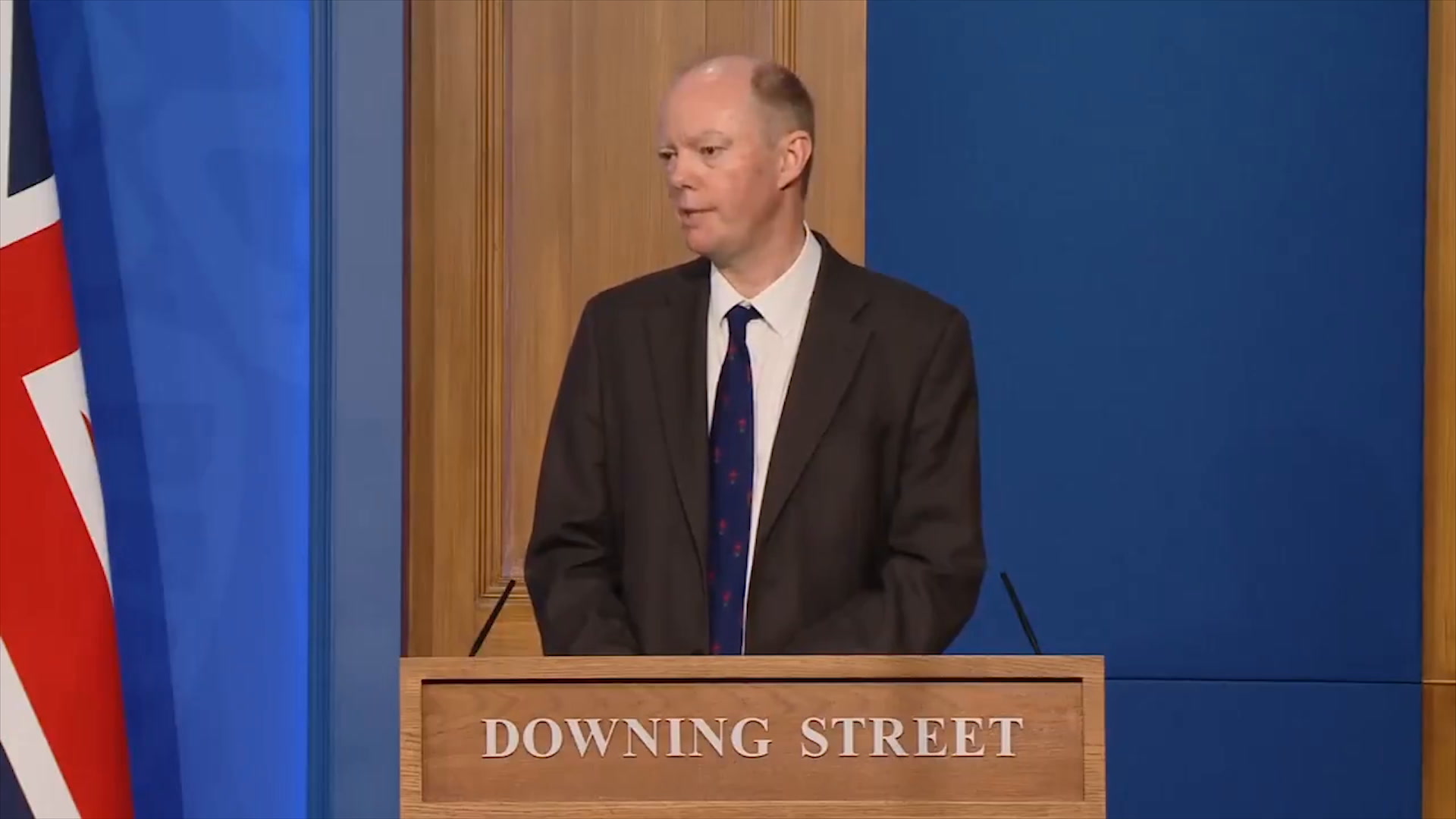
Social distancing
If all goes to plan, from July 19, people will no longer have to adhere to the one-metre-plus social distancing rules, meaning that table service will no longer be necessary in pubs.
That means, once again, we can enjoy the excitement and frustration of queuing up at the bar for our drinks.
All remaining businesses will be able to reopen, including nightclubs, while capacity caps will be lifted and bars and restaurants.
House parties will also now be allowed, as will mass events such as music festivals, so get your neon sticks and wellies at the ready.
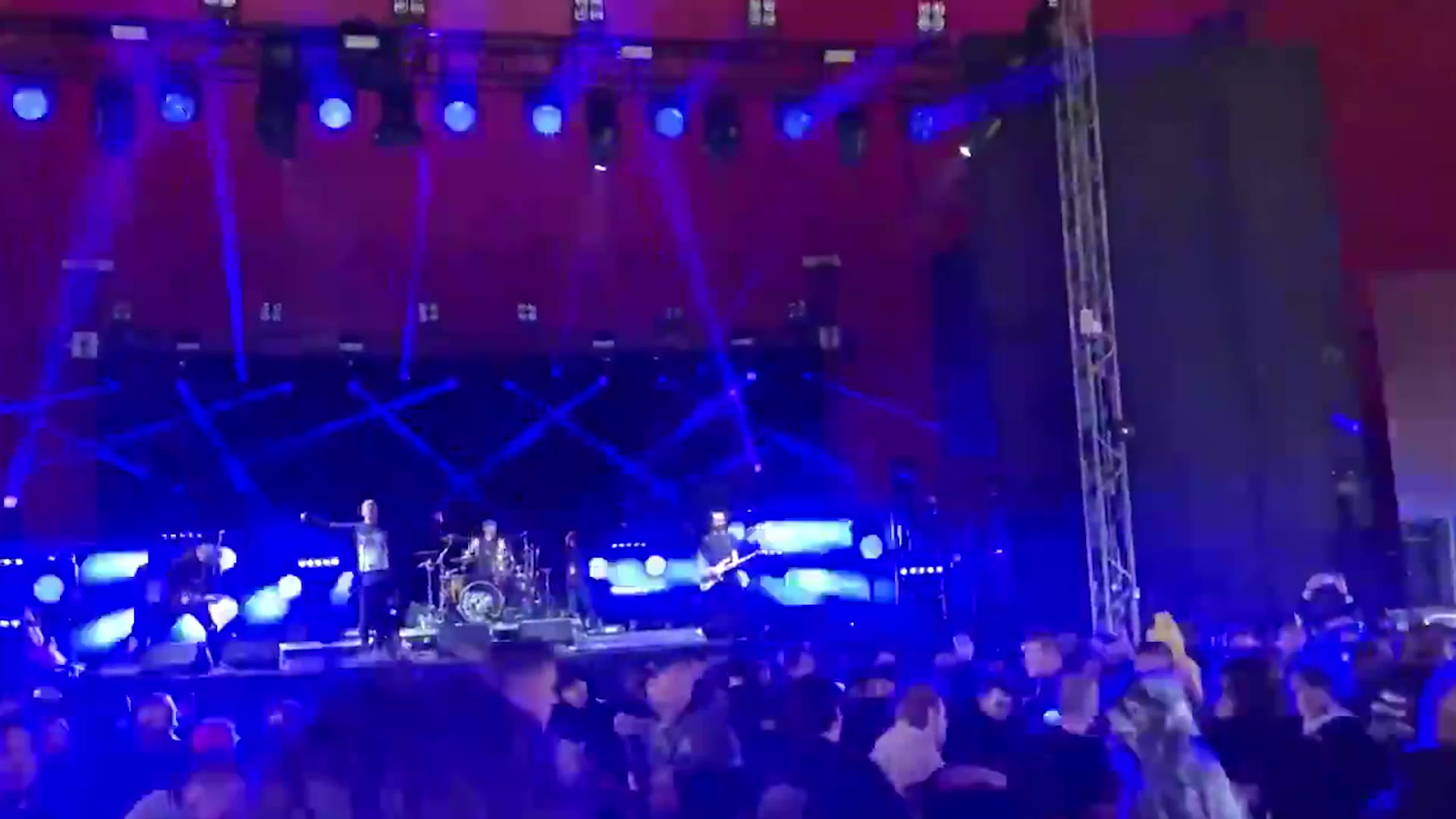
Checking into venues
Bored of scanning the NHS app every time you go to a restaurant? Those days will also be over.
Under the proposals, venues will no longer be obliged to collect customers’ data for Test and Trace which means that we will be able to stroll into a pub or restaurants without whipping out our phones and scanning a QR code.
There will also be no compulsory use of Covid status certification – so-called domestic vaccine passports – although firms will be able to voluntarily use the system.
Working from home
Dust off your Oyster cards, Londoners, and get ready to change out of your PJs everyone: the Government will no longer instruct people to work from home.
Will we still need to self-isolate?
Although the legal requirement to self-isolate will remain for people who have tested positive or been identified as a contact by NHS Test and Trace, the PM said he wants contacts who are fully vaccinated to be exempt from having to quarantine.
The Government will set out further details in due course.
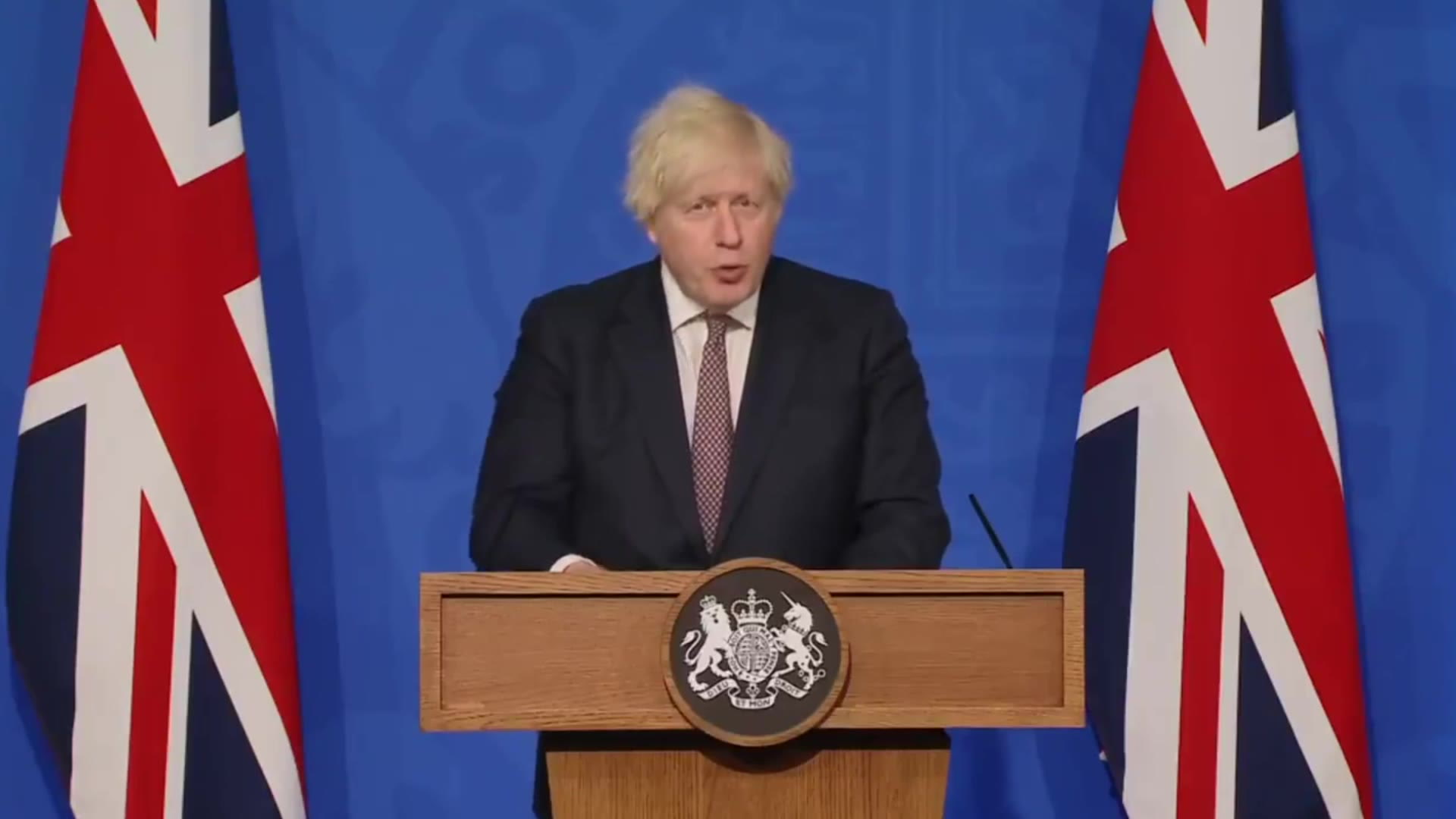
What about schools?
Boris Johnson said testing is the way forward to limit the impact of coronavirus on schools by ending the need to send entire class bubbles home. On Tuesday, Education Secretary Gavin Williamson will set out plans to remove bubbles and contact isolation for school pupils.
The Prime Minister told the Downing Street press conference: “The Secretary of State for Education will be announced later this week how we will move away from sending bubbles home and move away from contact isolation for pupils so as to greatly reduce the impact on schools of Covid outbreaks.“
And obviously, the way forward is with testing rather than by sending the bubbles home.”
School bubbles will be scrapped from “Freedom Day” onwards, meaning pupils won’t be sent home if a child in their class tests positive for Covid.
Instead, children will be asked to take a daily lateral flow test before going into class.
The ultimate aim is to introduce a “test and release” system. This would allow anyone who’s been in contact with an infected person to carry on as normal provided they can produce a negative test.
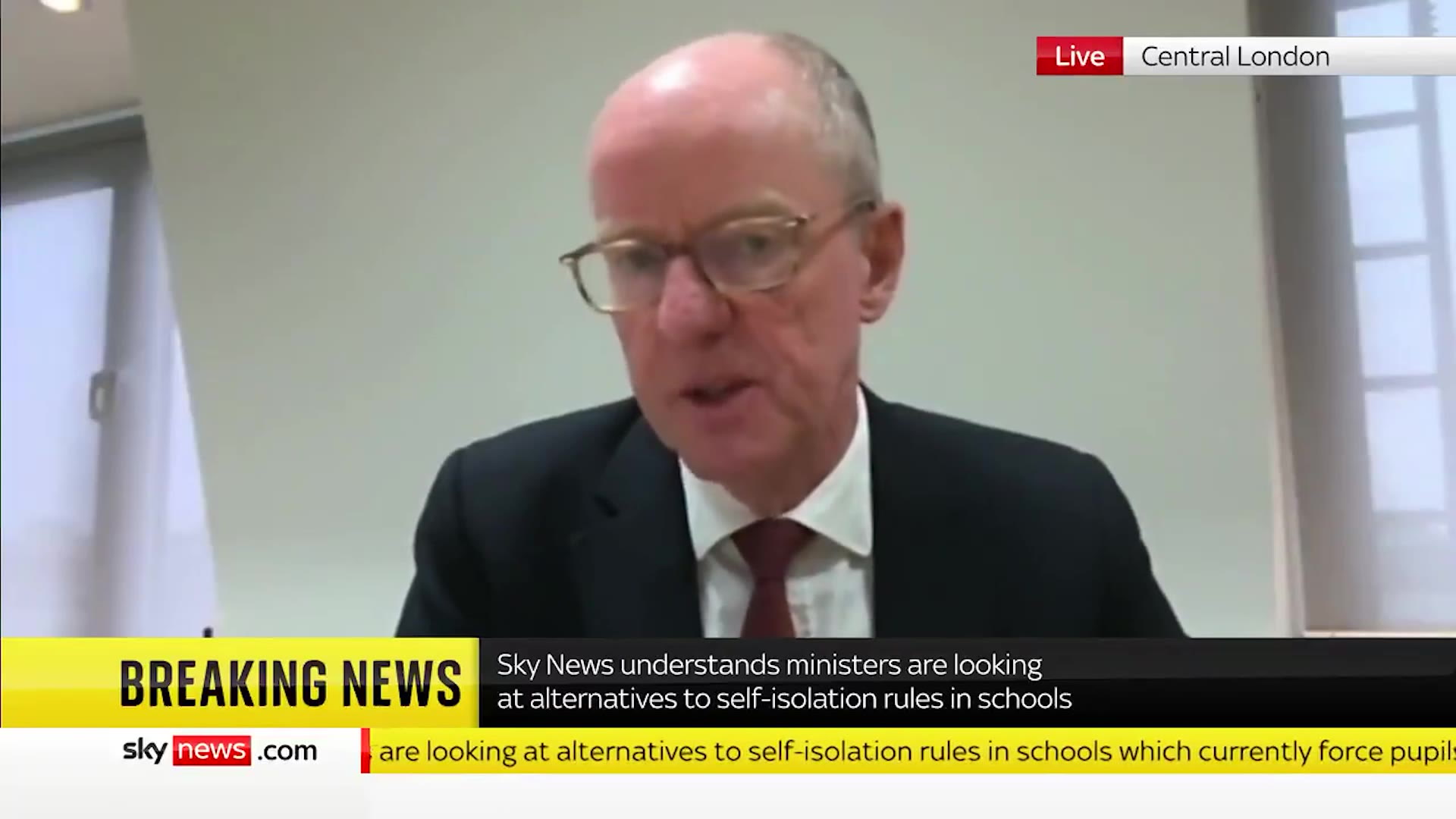
What about holidays?
Johnson said travel restrictions are among some of the rules which will be looked at.
He told Monday’s press conference: “We will maintain tough border controls, including the red list and recognising the protection afforded by two doses of vaccine.”
The PM added; “We will work with the travel industry towards removing the need for fully vaccinated arrivals to isolate on return from an amber country.”
Later this week Transport Secretary Grant Shapps will give an update on plans to remove the need for fully vaccinated arrivals from amber list countries to isolate.
Is this definitely all going ahead?
Final sign-off on the lockdown lifting will come on July 12 once ministers and scientists have had a chance to look at the latest data.
The ultimate decision depends on the continued success of the vaccination programme, evidence that jabs are reducing hospital cases and deaths, and that there’s no risk of virus variants throwing a spanner in the works.
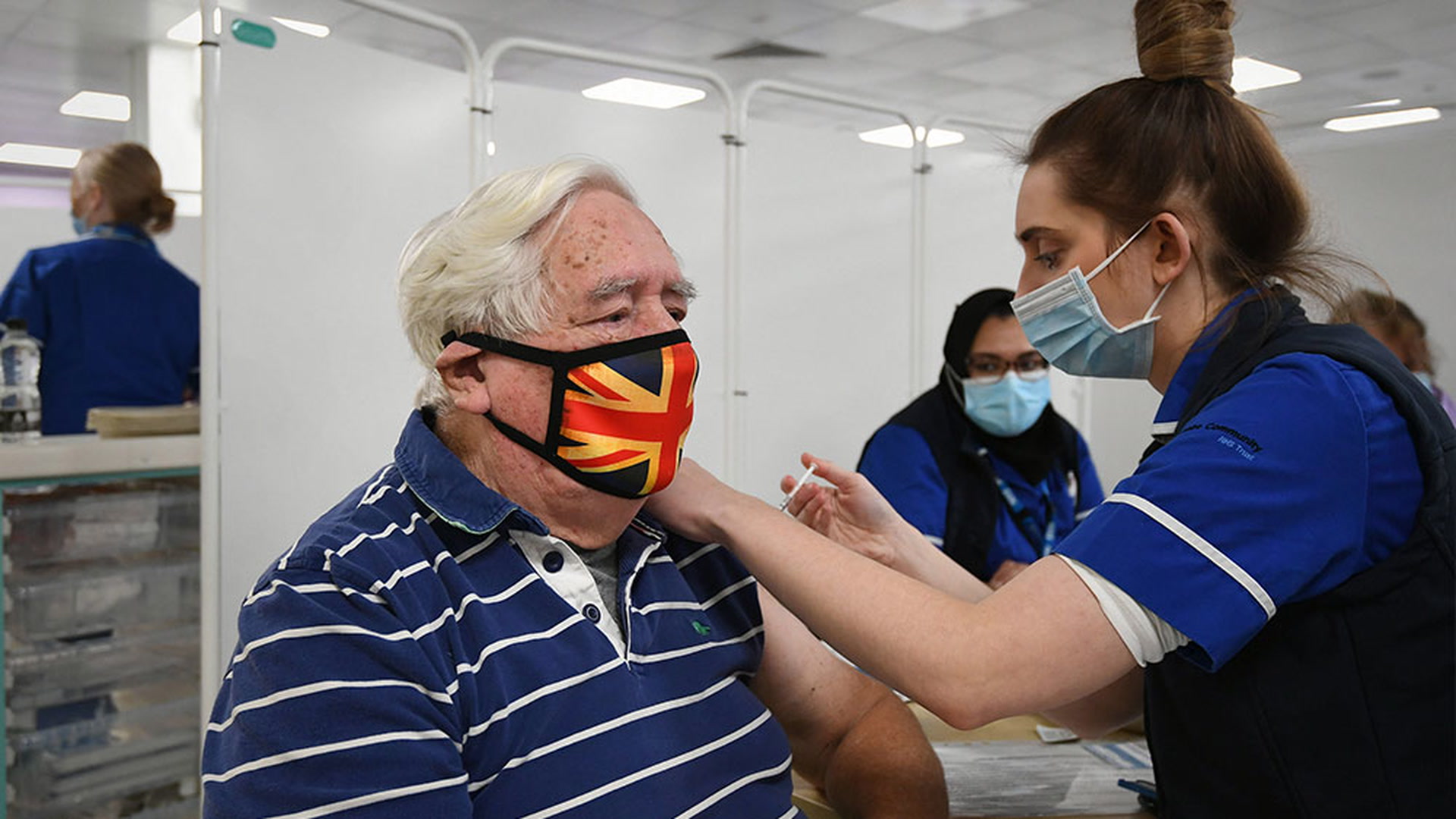
What do the experts have to say about all this?
Professor Chris Whitty warned that the winter “may be very difficult” for the NHS.
The CMO told the Downing Street press conference: “The winter is inevitably going to be tricky and this winter the NHS is likely to have both Covid and some resurgence of other respiratory viruses that were suppressed by the degree of lockdown last time round.”
“So I think we should be realistic and this coming winter may be very difficult for the NHS.”
Sir Patrick Vallance also hinted at concerns around the approach. He said: “We are in the face of an increasing epidemic at the moment and therefore we need to behave accordingly in terms of trying to limit transmission”.
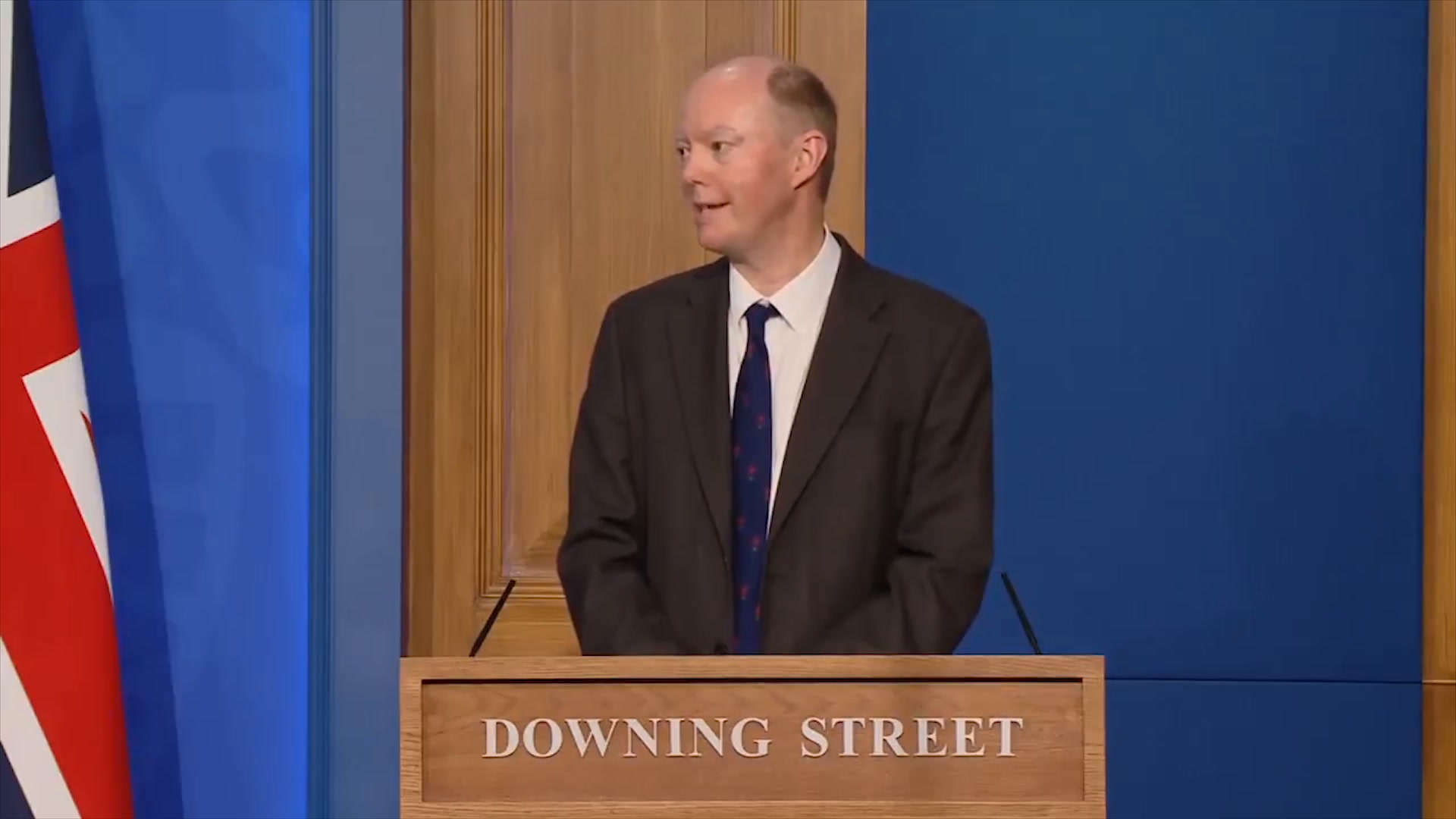
Other scientists and medical experts have also urged caution as the country gears up for the big day.
Professor Stephen Reicher, a member of the Scientific Pandemic Insights Group on Behaviours (Spi-B) which advises the Government, called for the continuation of “support and proportionate mitigations to keep us safe” from coronavirus.
Asked if he was more concerned about the Government’s messaging around the pandemic or the requirement to wear face masks potentially being dropped, he told BBC Radio 4’s ‘Today’ programme: “I think both.
“I think we need very clear messaging and I think in certain spaces – crowded, badly ventilated spaces – masks are crucial mitigation.
“Not lockdown, but support and proportionate mitigations to keep us safe. Along with the vaccine, that’s the way out.”
Meanwhile Professor Susan Michie, an expert in health psychology and member of the Scientific Advisory Group for Emergencies which advises ministers, told the Guardian: “Allowing community transmission to surge is like building new ‘variant factories’ at a very fast rate.”
And what about MPs?
The Prime Minister’s announcements were welcomed by Tory MPs who have campaigned against lockdown restrictions.
As Health Secretary Sajid Javid set out the measures in the Commons some Tories shouted “hallelujah”.
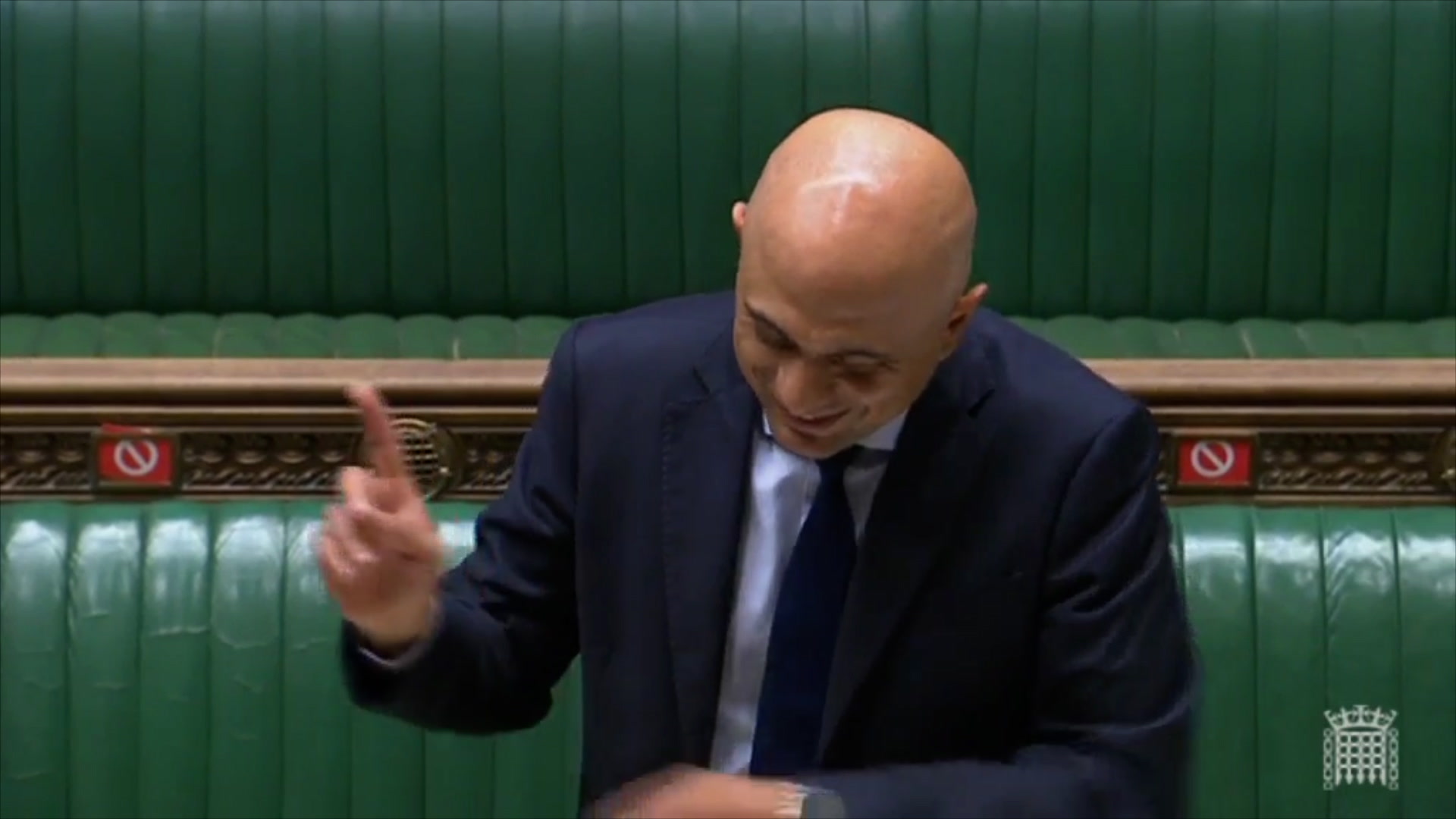
But Labour leader Sir Keir Starmer accused the PM of being “reckless” by planning to remove all legal restrictions at once and said mask wearing should remain.
The Labour leader told reporters: “Lifting all protections in one go when the infection rate is going up is reckless. A balanced approach, a proper plan, would say keep key protections.
“One of them would be masks in enclosed places and on public transport – that’s a common sense position. More ventilation, that’s happening in other countries, is absolutely essential and proper payments for those that need to self-isolate.
What does the latest data say?
– A further 27,334 Covid cases have been recorded as of 9am on Monday.
– A further nine people were confirmed to have died within 28 days of testing positive, bringing the total by that measure to 128,231.
– Some 45,351,719 people have received their first dose of a vaccine – a rise of 77,222 on the previous day – with 33,726,362 having been given both doses – an increase of 111,410.
Under the new Step 4 plans, the gap between vaccine doses for under-40s will be reduced from 12 weeks to eight, meaning that all adults will have the opportunity to be double-jabbed by mid-September.
Top 100
The Conversation (0)
Sort by
